Coronavirus: what are the odds of catching Covid-19 on a plane?
Studies suggest air travel is safe despite concerns about air quality
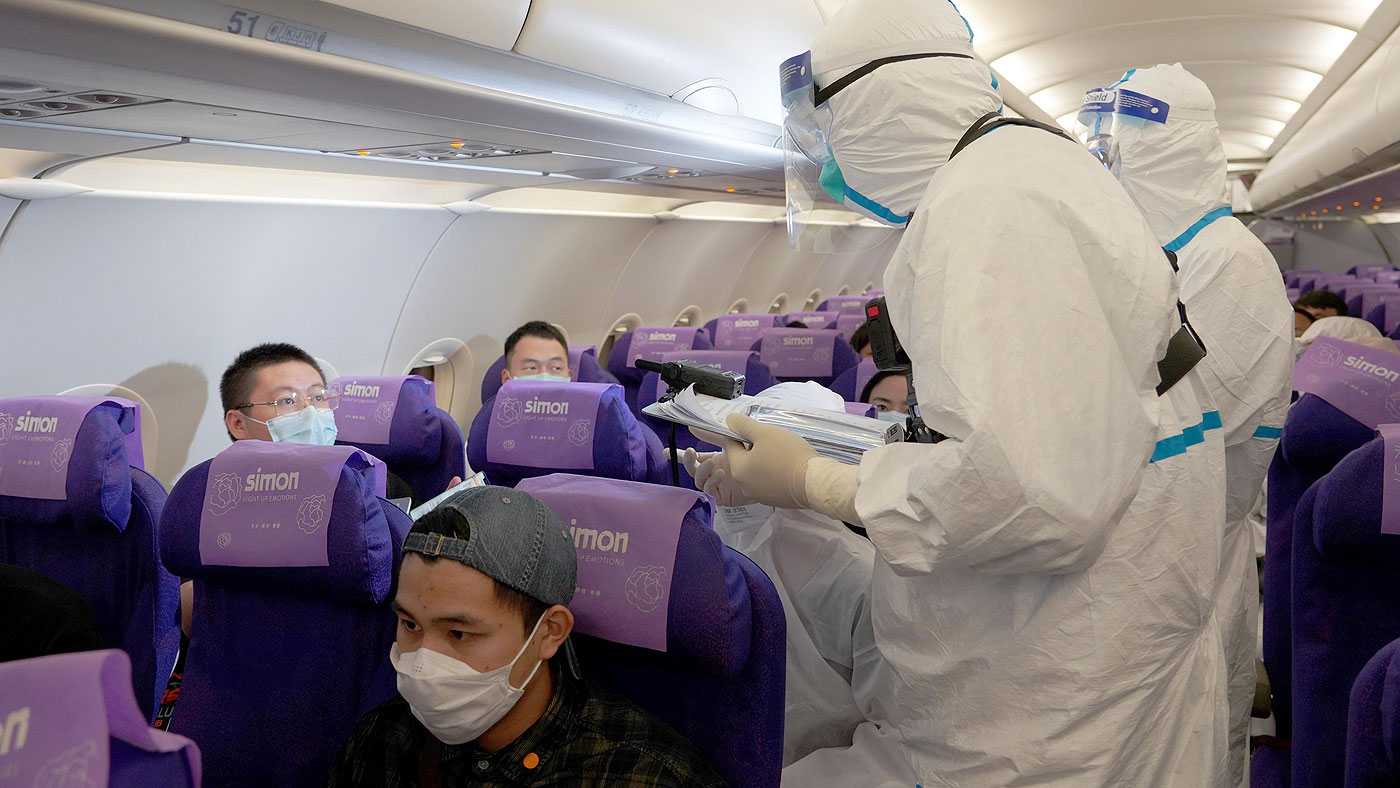
A free daily email with the biggest news stories of the day – and the best features from TheWeek.com
You are now subscribed
Your newsletter sign-up was successful
Air travel while wearing a face mask is safer than previously believed, a US government study has found.
Researchers at the US Transportation Command and Air Mobility Command put two United aircraft, a Boeing 777 and a Boeing 767, through 38 hours of flight time and 45 hours of testing on the ground.
Over 180 million fluorescent aerosol tracers were “exhaled” by a mannequin called Ruth during 300 aerosol tests, both with and without a mask. The seats surrounding Ruth contained sensors representing other passengers.
The Week
Escape your echo chamber. Get the facts behind the news, plus analysis from multiple perspectives.

Sign up for The Week's Free Newsletters
From our morning news briefing to a weekly Good News Newsletter, get the best of The Week delivered directly to your inbox.
From our morning news briefing to a weekly Good News Newsletter, get the best of The Week delivered directly to your inbox.
Only 0.003% of particles - or one in every 33,000 particles - made their way into another passenger’s breathing zone when the source of the infection is seated and wearing a mask. Around 99.99% of all particles were filtered out of the cabin air within six minutes due to air circulation, ventilation and filtration.
The travel news website Head For Points says evidence is “mounting” that aircraft themselves are very safe provided masks are worn, though the airport itself or any public transport taken to get to the airport may be riskier.
What about the other evidence?
“The Covid-19 coronavirus is still relatively new, so accurate data on how it can spread between aircraft passengers is in short supply,” the BBC said back in June.
A free daily email with the biggest news stories of the day – and the best features from TheWeek.com
Yet while scientists are still cautious, the data collected so far is reassuring.
“In one case, about 328 passengers and crew members were tested for coronavirus after it was learned that a 31 March flight from the US to Taiwan had been carrying 12 passengers who were symptomatic at the time,” CNN reports. “However, all the other passengers tested negative, as did the crew members.”
Other research has found that even if a flight is carrying a “patient zero”, cabin filtration and ventilation systems mean the chances of picking up an infection are between 0% and 1% “for the vast majority of all passengers, apart from those sitting on the same row or across the aisle”, says The Independent.
If everyone is wearing a mask, as most airlines now require, the risk is reduced still further. Other PPE, including plastic visors or face shields, may be even more effective.
“The science is changing every day,” Massachusetts Institute of Technology (MIT) statistician Arnold Barnett told CNN, “but my understanding is, if you wear a mask, it greatly reduces the chance of you infecting others, but it doesn't protect you all that much. Whereas a shield will protect you.”
Barnett put the chance of catching Covid-19 on a full short-haul flight at one in 4,300.
So is it safe to fly?
Not completely, but more so than you might think. Mixing with a large number of people is certain to increase the risk of infection - and there are confirmed cases of people contracting Covid-19 on aircraft.
A US Centers for Disease Control study looked at data on 310 passengers and crew who were on an evacuation flight from Italy to Korea in late March.
Social distancing was maintained before boarding, and “11 symptomatic passengers were removed from the flight”. Yet despite these measures, and the use of protective equipment, one women contracted the disease while aboard.
Although this woman “wore an N95 mask” for most of the flight, the study says, she removed it while using a “toilet [that] was shared by passengers sitting nearby, including an asymptomatic patient”.
The “most plausible explanation” for her contracting Covid is that she inhaled droplets containing the virus while in the confined space of the aircraft toilet, the researchers conclude.
Holden Frith is The Week’s digital director. He also makes regular appearances on “The Week Unwrapped”, speaking about subjects as diverse as vaccine development and bionic bomb-sniffing locusts. He joined The Week in 2013, spending five years editing the magazine’s website. Before that, he was deputy digital editor at The Sunday Times. He has also been TheTimes.co.uk’s technology editor and the launch editor of Wired magazine’s UK website. Holden has worked in journalism for nearly two decades, having started his professional career while completing an English literature degree at Cambridge University. He followed that with a master’s degree in journalism from Northwestern University in Chicago. A keen photographer, he also writes travel features whenever he gets the chance.
-
 Quentin Deranque: a student’s death energizes the French far right
Quentin Deranque: a student’s death energizes the French far rightIN THE SPOTLIGHT Reactions to the violent killing of an ultra-conservative activist offer a glimpse at the culture wars roiling France ahead of next year’s elections.
-
 Secured vs. unsecured loans: how do they differ and which is better?
Secured vs. unsecured loans: how do they differ and which is better?the explainer They are distinguished by the level of risk and the inclusion of collateral
-
 ‘States that set ambitious climate targets are already feeling the tension’
‘States that set ambitious climate targets are already feeling the tension’Instant Opinion Opinion, comment and editorials of the day
-
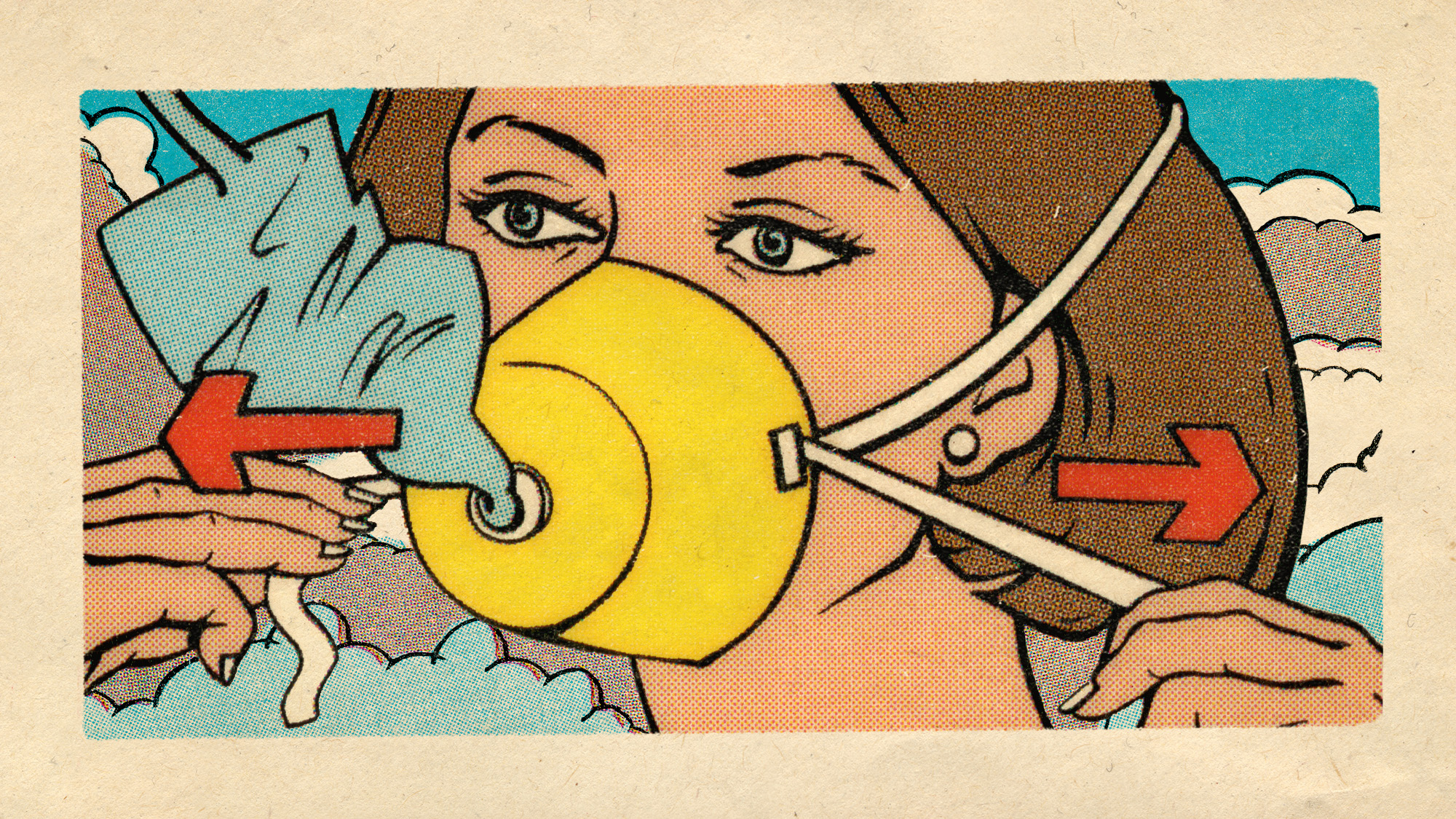 Toxic fumes on airplanes might be making you sick
Toxic fumes on airplanes might be making you sickUnder the Radar Aircraft manufacturers have allegedly downplayed the risks
-
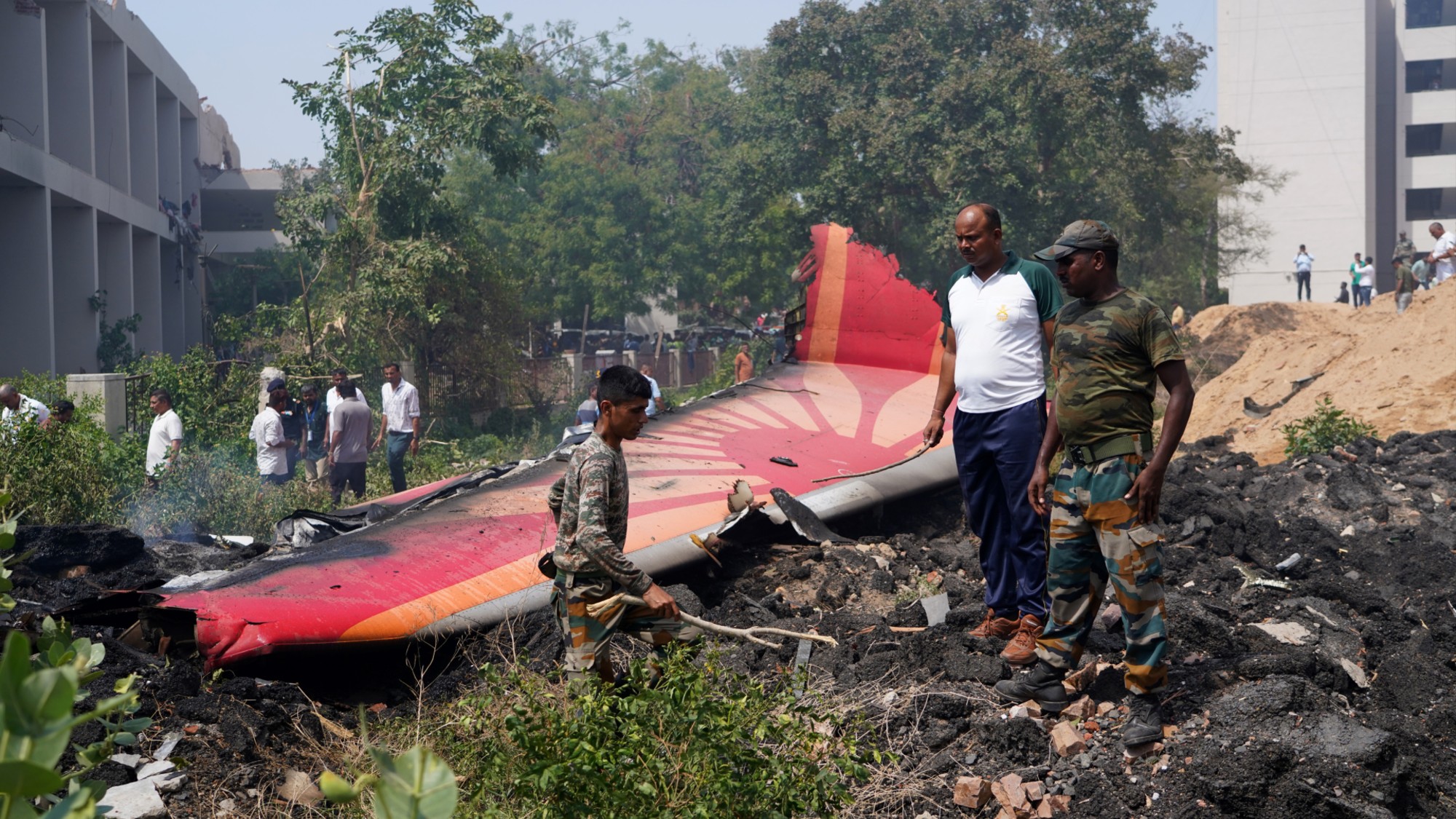 Air India crash highlights a new problem for Boeing: the Dreamliner
Air India crash highlights a new problem for Boeing: the DreamlinerIn the Spotlight The 787 had never been in a fatal crash before
-
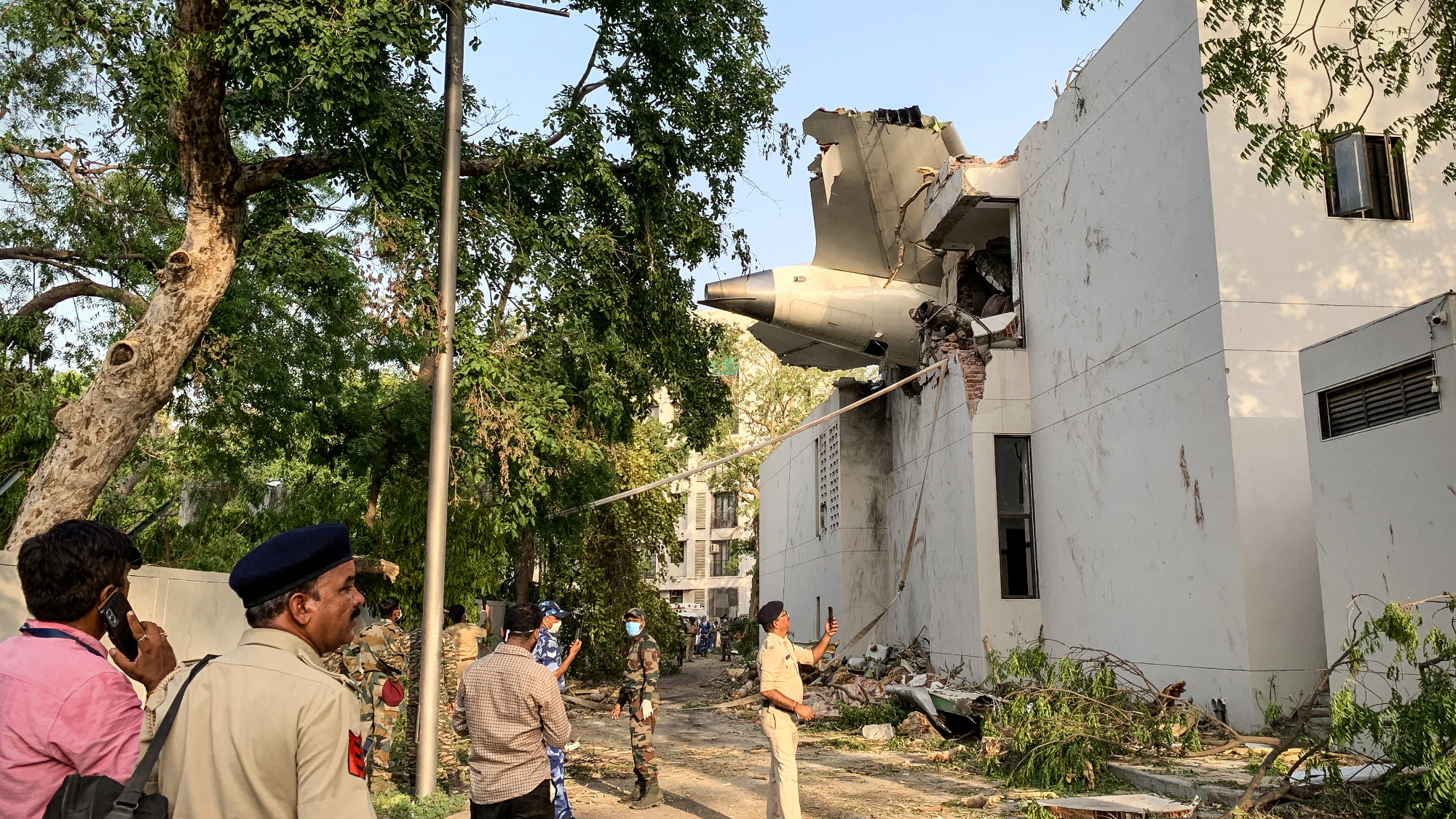 Hundreds die in Air India crash with 1 survivor
Hundreds die in Air India crash with 1 survivorSpeed Read The London-bound Air India Boeing 787 Dreamliner crashed soon after takeoff
-
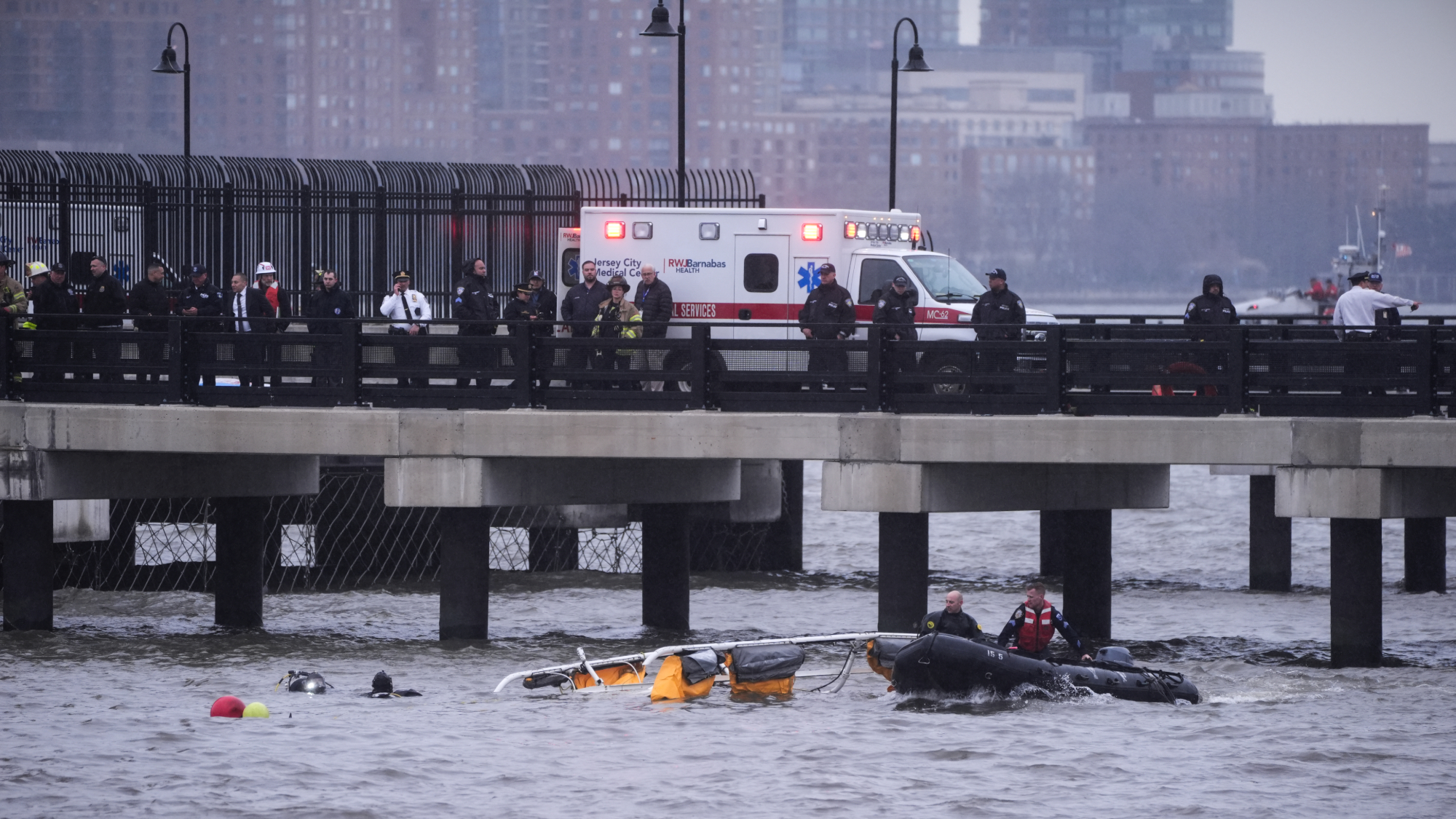 New York helicopter crash kills family, pilot
New York helicopter crash kills family, pilotspeed read A sightseeing helicopter crashed into the Hudson River, killing a family of Spanish tourists
-
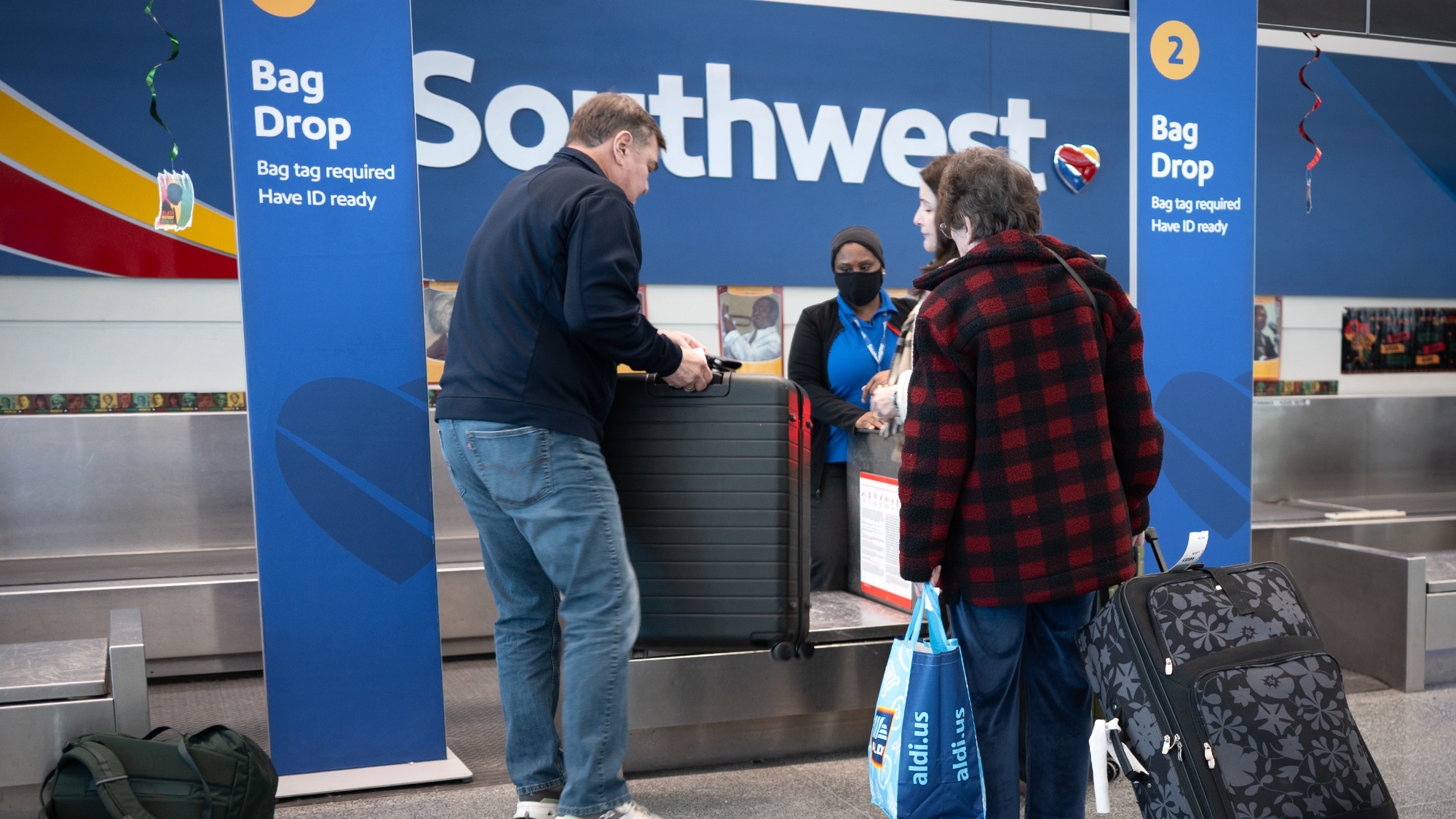 Southwest joins rival airlines on paid baggage
Southwest joins rival airlines on paid baggageSpeed Read The company is ending its longtime free-luggage policy
-
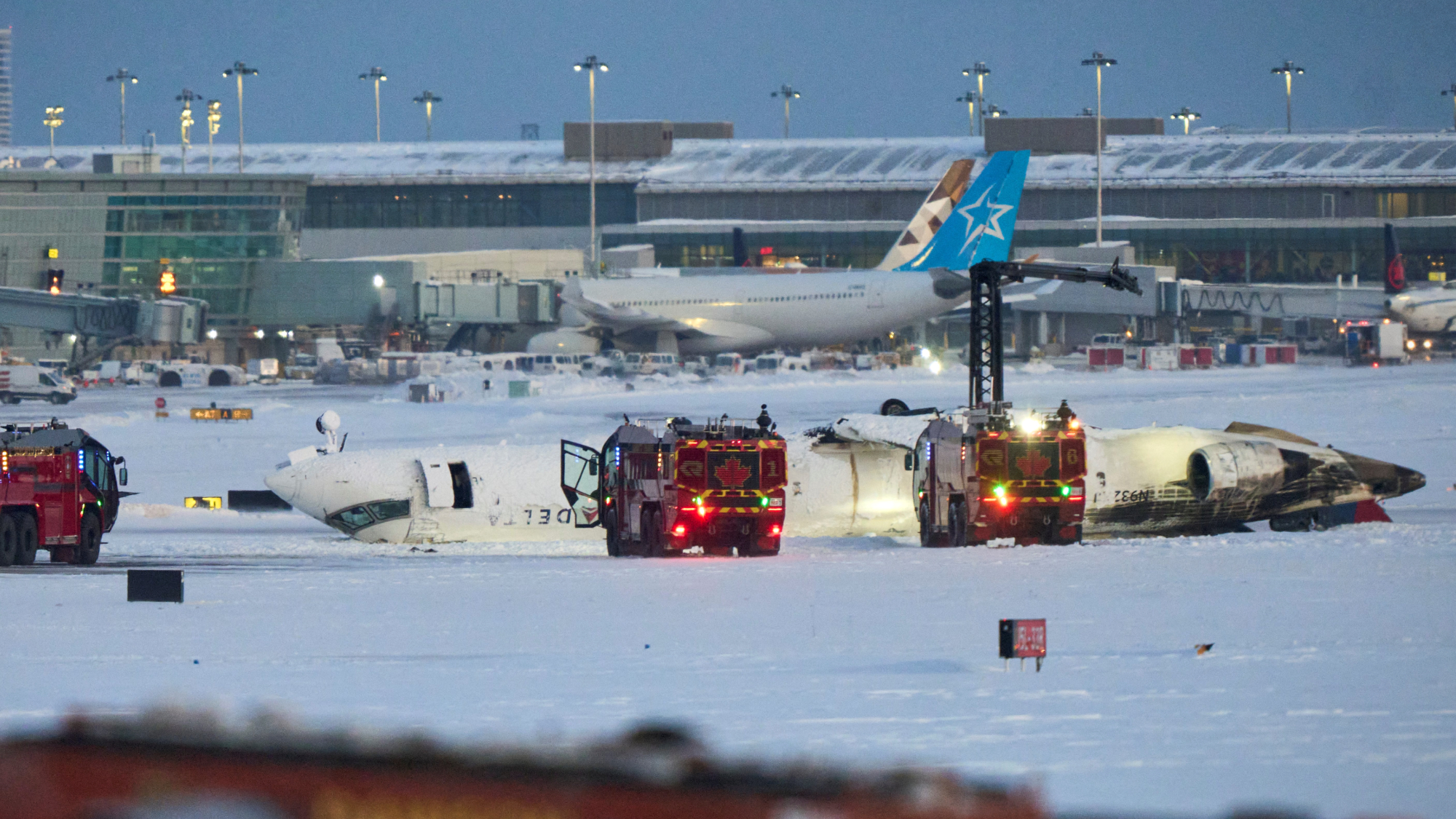 Delta flight lands upside-down in Toronto, no deaths
Delta flight lands upside-down in Toronto, no deathsspeed read At least 18 people were injured in a flight that landed at Toronto's Pearson International Airport
-
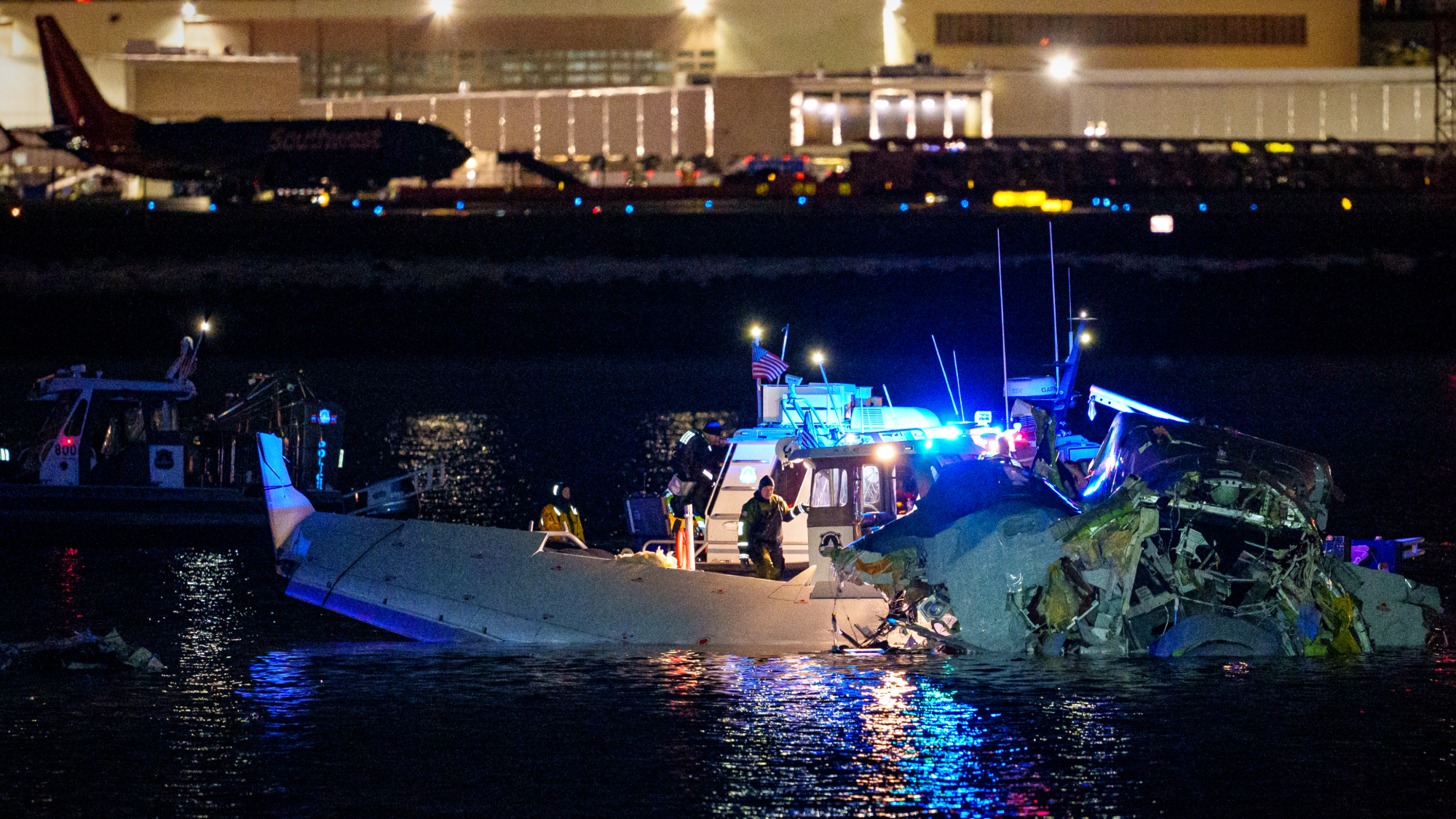 Passenger jet, Blackhawk helicopter collide in DC
Passenger jet, Blackhawk helicopter collide in DCSpeed Read An American Airlines flight with 64 people aboard collided with an Army helicopter, and no survivors have been found
-
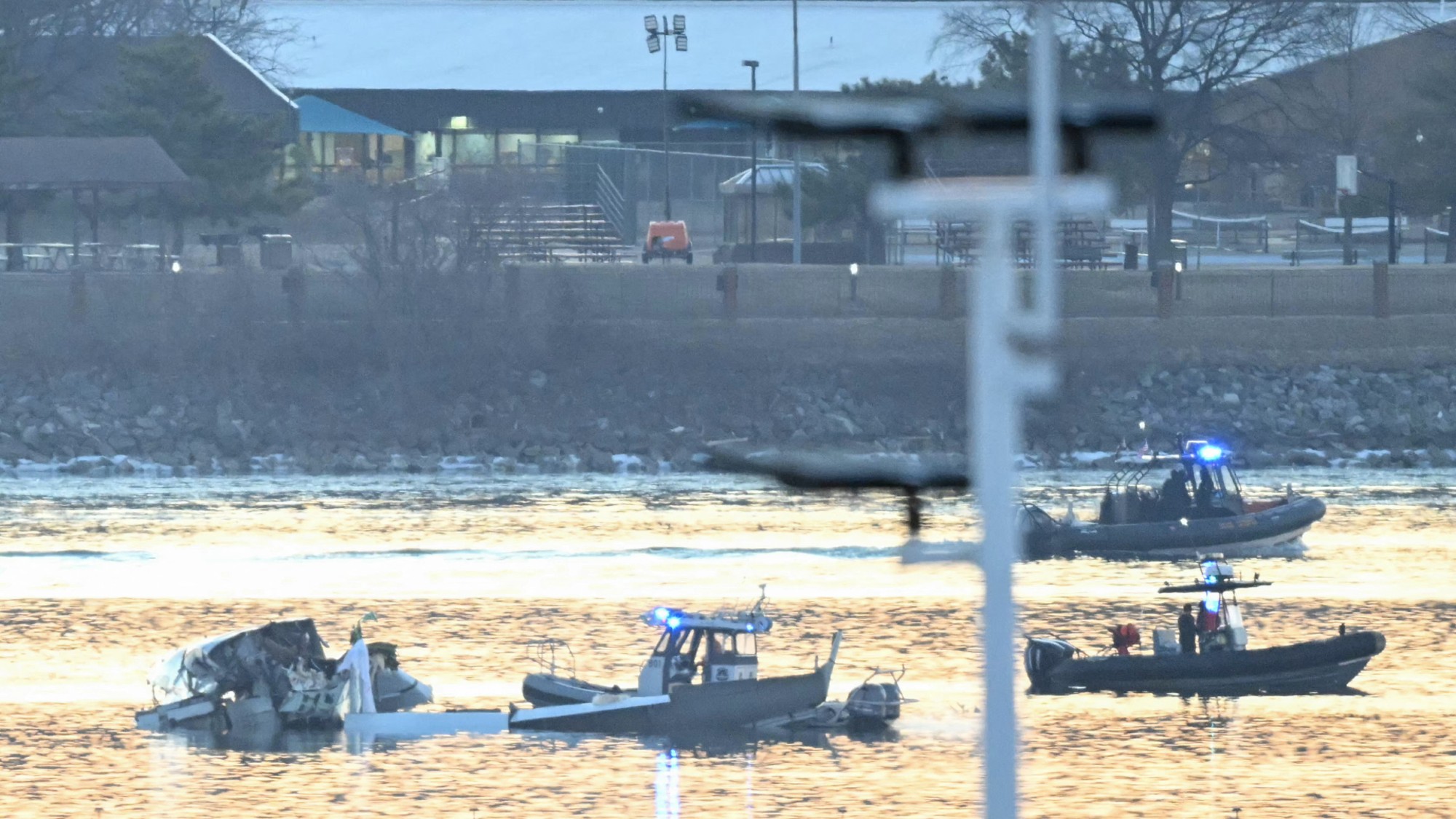 Washington DC plane crash: how did mid-air collision happen?
Washington DC plane crash: how did mid-air collision happen?Today's Big Question Experts struggle to explain how sophisticated airspace control system failed to prevent deadly disaster